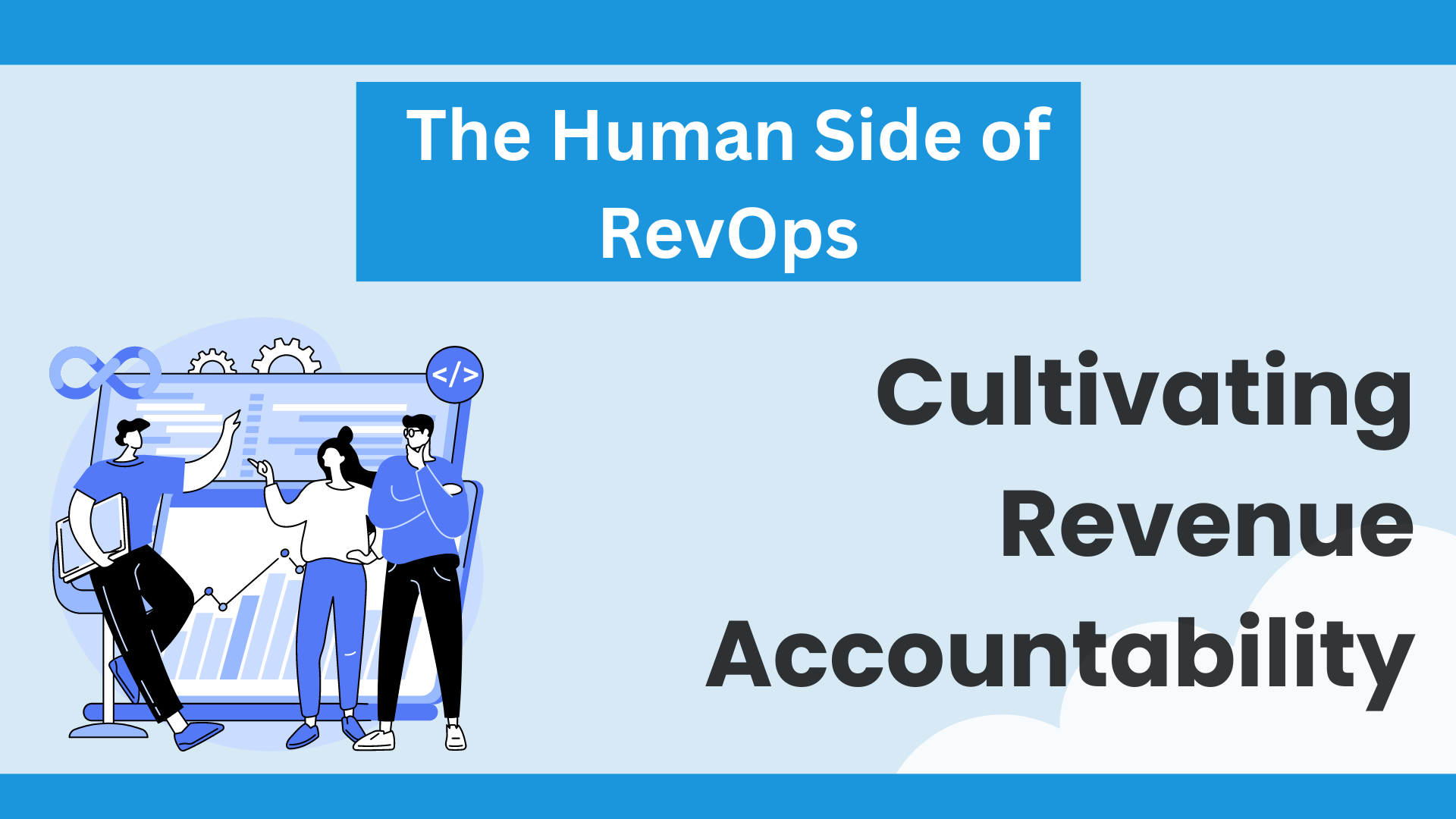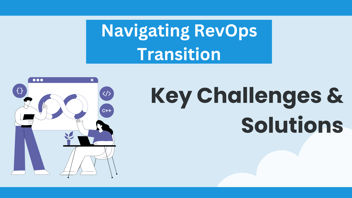Businesses that are looking to drive growth and boost revenue know that Revenue Operations has become one of the most important systems to put into practice. While much of the attention is given to all the fancy tools and tech, we all miss out on the human element – especially with AI being as large as it is now. Building an internal and external culture of revenue accountability is becoming more important in terms of the benefits for RevOps frameworks and funnels.
Understanding Revenue Accountability
Revenue accountability, or sometimes people may call it revenue attribution, is the shared responsibility across all revenue-generating departments to contribute to the overall financial success of a campaign, an effort, or the company as a whole. It goes beyond just meeting quotas or targets; it’s about pushing a mindset where every team member understands their role in generating revenue and takes ownership of that. For most, it can literally be a culture which is defined and worked for.
The Importance of Culture in RevOps
As mentioned above, revenue accountability or attribution can be a culture which is implemented into the sales team, the executive team, the marketing team, or any team which is responsible for driving some sort of revenue. It sets the foundation in which most revenue operation funnels and systems are built. When everyone in each department is set on what they’re accountable for, it leads to:
- Improved Collaboration: Teams work together more effectively, breaking down silos that often hinder revenue growth.
- Increased Transparency: Open communication about goals, challenges, and successes becomes the norm.
- Enhanced Decision-Making: With a shared understanding of revenue objectives, teams can make more informed decisions that align with overall business goals.
- Greater Agility: A culture of accountability allows organizations to adapt quickly to market changes and customer needs.
Strategies for Building a Culture of Revenue Accountability
Align Goals and Metrics: Make sure your teams have a clear understanding of what the company has for goals in terms of revenue. Make sure they also know what the heck they have to do as individuals to contribute to these metrics and objectives.
Foster Cross-Functional Collaboration: Push for regular interaction and knowledge sharing for sales, marketing, and customer success teams. You might also want to push for the CRO to be involved with some of these efforts so cash flow and attribution is tied to the head honcho of money.
Implement Transparent Reporting: Metrics for revenue and performance should be accessible to all team members. When you have transparency, you have trust. Everyone will be able to see their hard work paying off for the bigger picture.
Measuring the Impact of a Revenue Accountability Culture
You can just go into your Monday morning meetings and say “Yep, this is all working.” However, how good would it be if we never gauged the effectiveness of any of our work? Consider tracking the following:
- Employee engagement scores
- Cross-functional collaboration rates
- Revenue per employee
- Customer lifetime value
- Overall revenue growth and predictability
Takeaways
Building your newly found culture of department which contribute to revenue is a journey that requires commitment, consistency, and a continuous effort to put your best foot forward. Make sure along the way you never forget to add on a human side of RevOps. When you do so, you can create a culture in which each employee feels rewarded and motivated to contribute.
Building a culture of revenue accountability is a journey that requires commitment, consistency, and continuous effort. By focusing on the human side of RevOps, organizations can create an environment where every team member feels empowered and motivated to contribute to revenue growth. This cultural shift, combined with the right processes and technologies, can lead to significant improvements in overall business performance and long-term success.
Additional Support Data:
According to a study by Gartner, organizations that maintain focus on alignment achieve up to 19% faster revenue growth and 15% higher profitability.
Research by Revenue.io shows that companies with advanced Revenue Operations functions use machine learning to trigger and run workflows that help their employees know the next best action they should take or the health of their accounts.





Leave a Comment